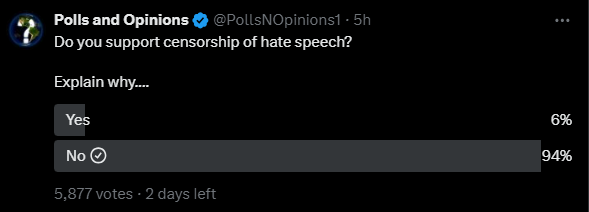The decision by Senate Majority Leader Chuck Schumer to bring Andrii Chevozorov, a young Ukrainian soldier who lost his leg in the conflict, as his guest to President Joe Biden’s State of the Union address has sparked controversy and criticism from various quarters.
Critics argue that Schumer’s move, while possibly well-intentioned in highlighting the human cost of the conflict in Ukraine and the need for aid, may also be seen as a politicized attempt to leverage sympathy for legislative gain.
Bringing Chevozorov to such a high-profile event as the State of the Union could be interpreted by some as exploiting the soldier’s personal tragedy to apply emotional pressure on House Republicans to pass a significant aid package for Ukraine.
Critics contend that this strategy reduces complex foreign policy and budgetary decisions to emotional appeals, potentially overshadowing the substantive debate on the merits and implications of further aid to Ukraine.
Moreover, there’s concern that this approach might distract from a comprehensive discussion about the long-term consequences of foreign aid, the effectiveness of such assistance, and the priorities of American foreign policy.
Critics argue that policy decisions, especially those involving significant financial commitments and international relations, should be based on thorough analysis and debate rather than emotional responses to individual stories, no matter how compelling they may be.
Furthermore, opponents of Schumer’s tactic might also point out that it could set a precedent for using personal stories to sway political debates, which could lead to an escalation of similar tactics across the board.
This could, in turn, contribute to an already polarized political environment, where the focus shifts away from reasoned discourse and towards emotive storytelling.
In essence, while the bravery and sacrifices of individuals like Chevozorov deserve recognition and respect, critics of Schumer’s decision see it as a potentially manipulative political maneuver that prioritizes emotional manipulation over substantive policy discussion.
The debate over aid to Ukraine—and indeed, all policy matters—should, according to this view, be grounded in comprehensive analysis, open debate, and principled decision-making, rather than being influenced by strategies that appeal primarily to emotion.



